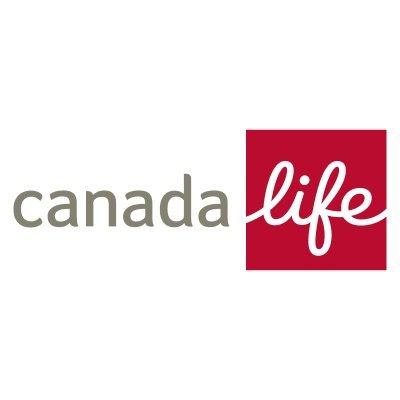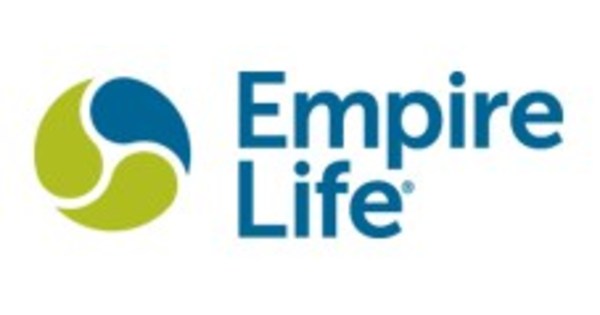Written By: Jasmine Taylor
Overview
Beneficiary Definition: any person who receives a benefit from an insurance policy or your investments when you die.
In Canada, there are two main routes that your assets can take after you pass away.
The first is to a beneficiary and the second is to your estate.
If you have a beneficiary listed, the money goes seamlessly from you to them once you pass away. There may be tax consequences depending on what type of assets they are.
The other option is far from seamless. If you have no beneficiary listed, it must go to your estate and through the probate process which can be quite lengthy and expensive.
There are many factors involved when calculating the cost of probate. They include probate fees, the value of the underlying assets, and the estate administration tax in the province that you reside in.
Naming a beneficiary eliminates that route entirely!
Choosing a Beneficiary
Whether you own a life insurance policy or a registered investment account (TFSA, RRSP, RRIF, LIRA, LIF) you have the opportunity to name a beneficiary. There will be a form that you can obtain from the company who holds the account.
Your beneficiary can be anyone that you choose. Name a charity or an institution is also possible. If you wish to name a minor as a beneficiary it is highly recommended that you also name a Trustee in the even that you pass away before the minor reaches 18.
Tax Free Savings Accounts (TFSAs), life insurance policies and segregated funds can pass to the beneficiary tax free.
However, other registered accounts (RRSP, RRIF, LIRA, LIF) will be subject to taxes. Which is why it is important to let your beneficiaries know that you have named them.
It is possible to name more than one person as beneficiary. If you have multiple, make sure that you have allocated the percentages that you wish should go to each one.
Option to name a Successor Holder
On certain accounts like the TFSA and RRSP it is possible to name your spouse as the successor holder. This allows the assets to be transferred to their accounts tax free.
It is very important to note that even if the successor holder has no more contribution room, they can still have your assets transferred to them tax free.
Naming a successor holder allows the assets to stay invested instead of cashing them out upon your death.
Have an Alternative Plan
It is a very good idea to also list a contingent beneficiary. This ensures that your assets will still go where you would like them to even if the primary beneficiary passes away. If you do not have a contingent beneficiary listed and the primary beneficiary passes away, it will have to go through the estate.
Keep it Relevant
Throughout life there are many different events that can drastically change who you want your beneficiaries to be. A change in marital status, a birth of a child, or the death of someone close can all affect who you wish to be named as a beneficiary. Ensure that you check every 3-5 years, or if you have a major life change who you have listed as beneficiaries.
If you have any questions about life insurance or investments feel free to send us an email or give us a call.
Our Insurance Partners:







